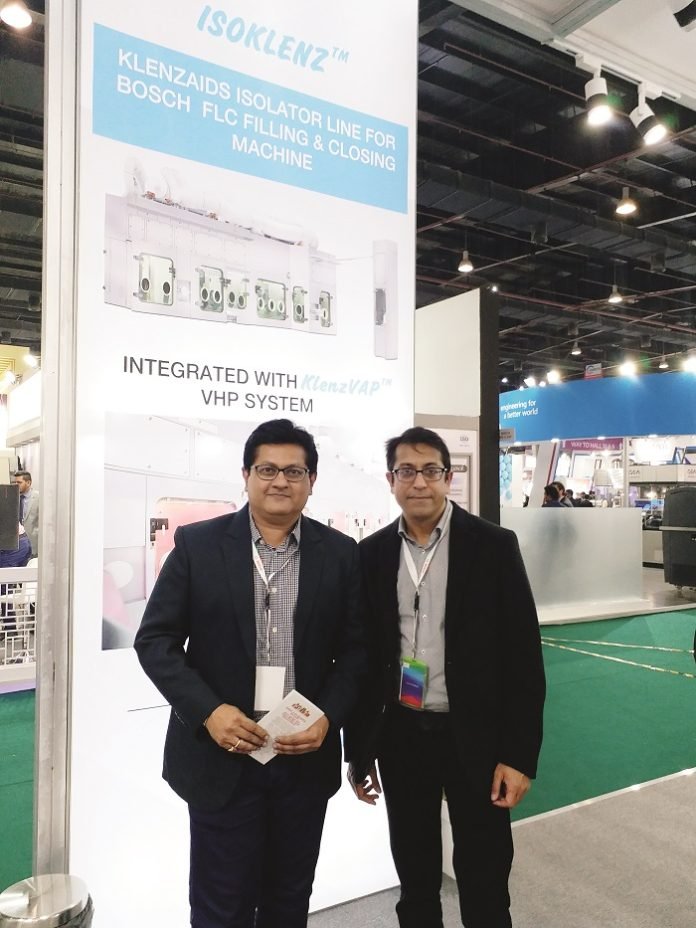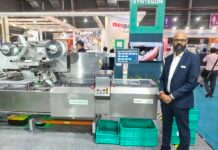Klenzaid offers regulatory compliant turnkey solutions such as cleanrooms, biological-chemical containment facilities, laboratories for active ingredients and formulations in the pharmaceutical, life-science, biotechnology, electronics, aerospace, food, healthcare, and cosmetic sectors. On the pharma side, the company has a joint venture with Bosch Packaging (now Syntegon) since 2015. From that time, the two companies are working to bring the best global technology and quality to India as well as to Asian markets at more affordable prices.
Aseptic devices
In our recent interaction with Shreedhar Anehosur, chief operating officer and director of Klenzaid Contaminations Controls, he explained Klenzaid’s value streams, “We have a huge gamut of aseptic devices. The company owns aseptic filling machines that are manufactured in India and licensed by Syntegon. We also have aseptic filling machines that are imported from Germany or China, depending on our customer needs. The procurement source defines the speed and accuracy of the machines. The washer and tunnel manufactured in India meet the CGMP requirements. Klenzaids has a base of approximately 700 tunnels across India and neighboring countries such as Bangladesh and Nepal.
Bioclean and containment devices
According to Anehosur, Klenzaid has 32 types of bio-clean products for the pharmaceutical manufacturing industry. The company is one of the industry leaders for containment devices and isolators, such as both negative and positive pressure isolators. About the positive pressure isolators, he says, “Some German customers buy the machine from Syntegon Germany, and they prefer to use containment solutions from Klenzaids. With this, they get the best technology at a local price.” While declining to disclose the names of these customers, he mentioned that there are more than ten executions in India where the customer buys the filling machines from Germany, that are integrated with the Klenzaid
isolator solutions.
Manufacturing facilities in India
Klenzaid has two manufacturing facilities north of Mumbai in Umar Gaon on the Gujarat border. The two plants occupy 7000 square meters and 3500 square meters and together employ 372 employees. The sales, design, and finance teams are located in the corporate office in the MIDC estate in Andheri in Mumbai. Anehosur says that India demands improved quality levels not only of products but also of documentation. According to him, “India is one of the biggest suppliers of generic drugs in the global markets, and thus carries more responsibility. Moreover, the USFDA wants to ensure that processes followed by Indian manufacturers are intact, and there are no product liability issues involved. Compliance demands a lot of focus on documentation.”












